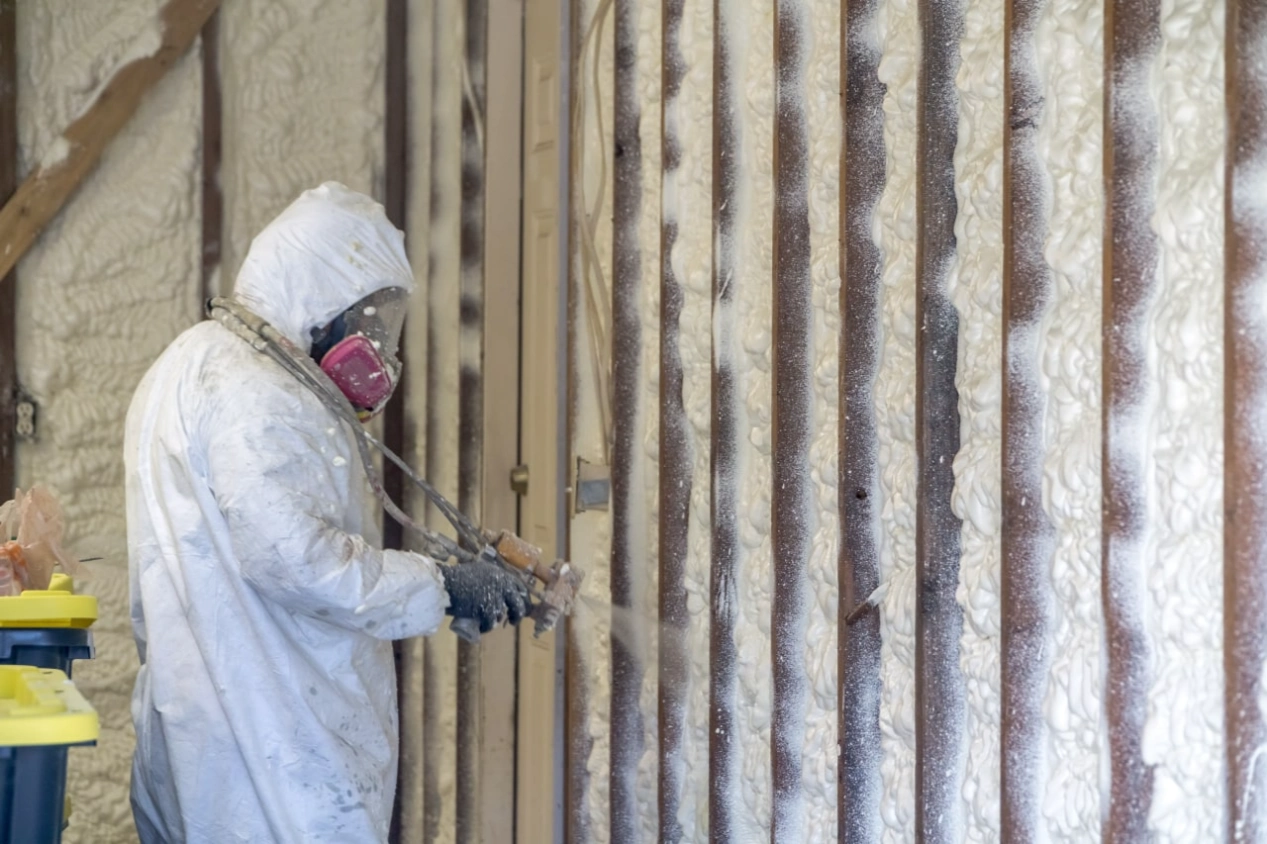
A well-insulated home offers more than just warmth in the winter and cool air retention in the summer. It reduces energy bills, enhances indoor comfort, and minimizes strain on HVAC systems. For homeowners in Windfall, investing in the right insulation methods can lead to long-term savings and improved energy efficiency.
Selecting the right insulation depends on factors like budget, climate, and home structure. Here are the most effective options:
R-value measures insulation effectiveness. The higher the R-value, the better the material resists heat transfer. Windfall homeowners should consider:
Since heat rises, a poorly insulated attic leads to significant energy loss. Sealing gaps and adding the right insulation type ensures efficient temperature control.
Walls make up a large portion of a home’s envelope. Installing high-quality insulation improves thermal performance and enhances indoor air quality.
Cold floors signal energy loss. Insulating crawl spaces and basements helps maintain stable temperatures and protects against moisture-related issues.
Even the best insulation won’t be effective if air leaks persist around doors and windows. Weather stripping and caulking prevent unwanted drafts, improving comfort and efficiency.
Homeowners can handle some insulation tasks, such as adding weather stripping or installing fiberglass batts in accessible spaces. However, improper installation can reduce effectiveness.
For comprehensive insulation upgrades, a professional ensures proper installation, material selection, and code compliance. Spray Tech Solutions provides expert services for Windfall homes, helping homeowners maximize energy savings.
Improper insulation can trap moisture, leading to mold growth. Using vapor barriers and choosing moisture-resistant materials help prevent this problem.
Small gaps allow air to escape, reducing insulation effectiveness. Spray foam and rigid boards help eliminate these inefficiencies.
Over time, certain insulation materials settle, reducing their R-value. Regular inspections ensure insulation remains effective.
Pairing quality insulation with a smart thermostat optimizes heating and cooling usage, further reducing energy costs.
Balancing insulation with proper ventilation prevents trapped air and humidity buildup. Sealing ducts and vents reduces energy loss.
Periodic checks help homeowners identify areas needing improvement, ensuring continued efficiency and cost savings.
Optimizing your home’s insulation is one of the smartest investments you can make. With the right materials, professional guidance, and regular maintenance, Windfall homeowners can enjoy lasting comfort while reducing utility costs. Spray Tech Solutions provides expert insulation services tailored to your needs. Call (765) 480-8200 or email sales@spraytechkokomo.com to learn more about energy-saving solutions for your home.
Signs include high energy bills, uneven temperatures, and drafts. An energy audit can provide a clear assessment.
Spray foam and blown-in cellulose are great options for improving insulation without extensive renovations.
Most insulation types last 20–30 years, but regular inspections help maintain effectiveness.
Yes, high-quality insulation materials like spray foam and fiberglass can reduce sound transmission.
When installed correctly by professionals, spray foam is safe and highly effective in sealing air leaks.
Costs vary based on material and home size. A professional assessment provides a more accurate estimate.
Yes, but it depends on the existing material. Some types need removal before adding new layers.
Yes, improved insulation boosts energy efficiency, which can increase home value and appeal to buyers.
Spray foam, rigid foam boards, and blown-in cellulose offer high R-values and excellent energy efficiency.
Regular inspections, sealing air leaks, and addressing moisture issues help maintain insulation performance over time.